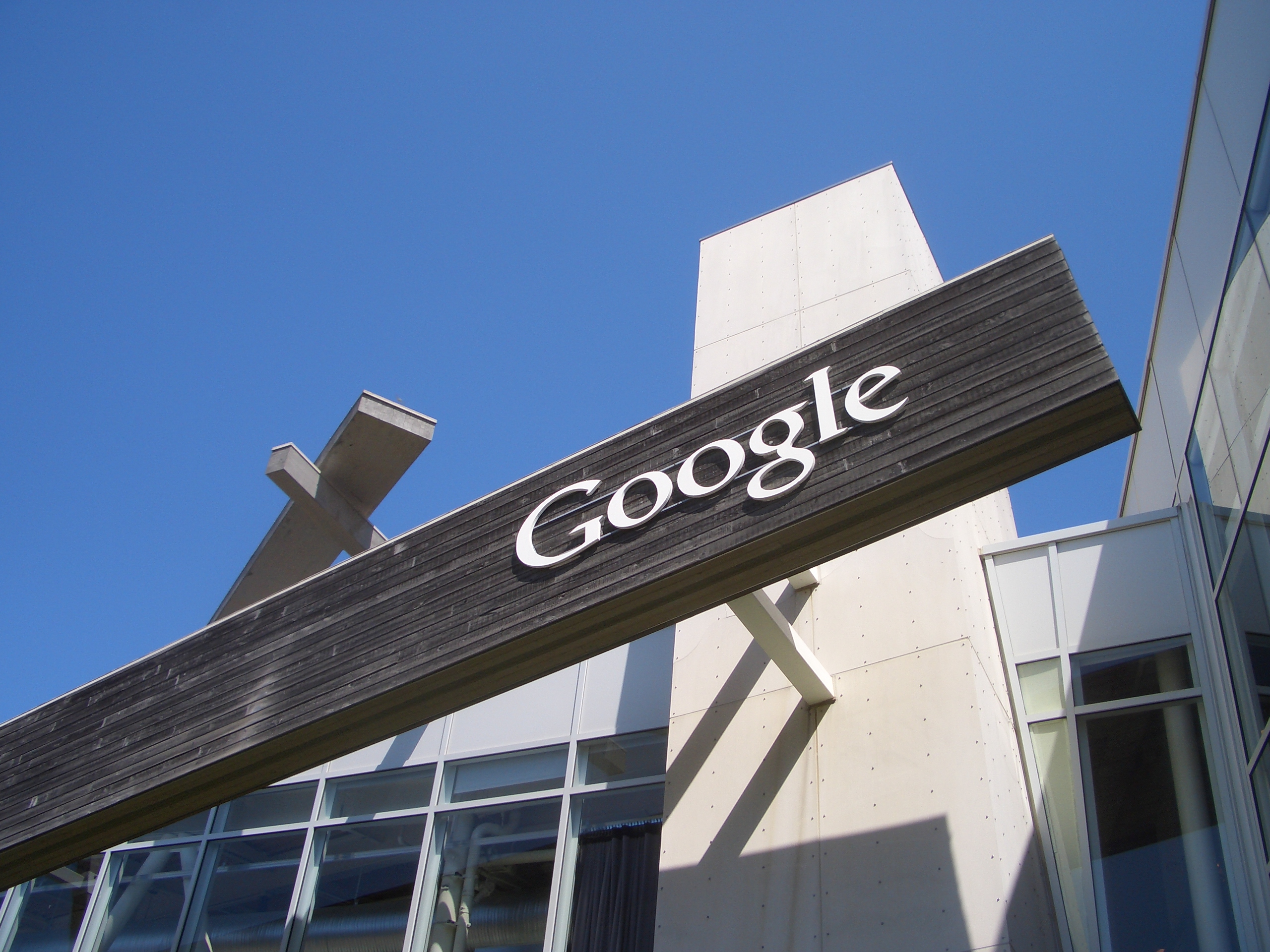Google just made the most dramatic change to their desktop searches since the inception of Google. Starting today and for all countries and languages, Google desktop searches will no longer have the right hand sidebar paid search results. While many Googlers may rejoice at the change made to desktop search results, advertisers will feel an immediate hit to the gut.
The complete change comes as Google tries to make a cohesive experience for desktop and mobile users. Currently mobile results for Google only have ads at the top and bottom of results and there is normally only two or three ads. On the other hand, desktop users can have as many as twelve ads on a page due to the right hand side bar.
Google ads work in a similar fashion to eBay bidding. Rather than trying to bid on a Nexus 6P, Google sells each ad spot on the open market for every keyword it knows of; the more people bidding, the more the price for that keyword and its various ad spots goes up.
Let’s go through a hypothetical bidding situation. You have twelve advertisers bidding on the keyword Touchpoint Digital on a desktop. Under the old results the bidder willing to spend the most for that keyword gets the number one spot, the bidder willing to spend the second most gets the second best spot and so on until all the spots are filled with the cheapest bidder getting the last spot. (This is a simplistic example of the process as Google does take into account a number of metrics besides the bid in deciding placement)
In the new system now only the top five bidders will have their ads shown on page one of Google and really only the top three or four bidders getting any kind of noticeable results. (Who really clicks on the ads at the bottom of the search page anyways?) This means that at least seven advertisers got priced out of page one, and two advertisers (who normally would have been on page one) just got pushed to page three, where the only clicks they will get are from click farms.
In addition, the prices for those top four spots just went up. Google is a business, and like any business they have a firm grasp of supply and demand. When twelve people try to buy the last four items in an inventory, a smart company is going to push its price up until it has only four people still interested in buying the item. Google too will raise its base price on keywords with lots of competition, because they can. There is someone willing to buy it, so why not?
This all comes as Google has been struggling to make up for lower than expected revenue in its search ad business. While mobile ad revenue has continued to climb and YouTube has become a quickly growing stream of money for the search giant, it has seen its average CPC fall as advertisers turn to cheaper options such as the Display network, YouTube, and Facebook. This move, while helping to build a cohesive brand for Google, is also aimed at increasing that average CPC for search results and gaining more revenue for the company.
Now this move may not be bad for everyone, companies that have large budgets will be able to take advantage of less competition on the result itself, Google not only benefits from more cohesiveness and more money, but also poorly built ads, bad landing pages, and mismanaged accounts will be eliminated from its search results which will improve customer satisfaction; and finally advertising agencies will benefit as companies will need to turn even more so towards experts who can help them get results in an even more competitive advertising market.
Let’s just say this major change to Google.com will be felt by almost every user, advertiser, and agency and cause those who make money with the search giant to rethink their keyword strategy.



